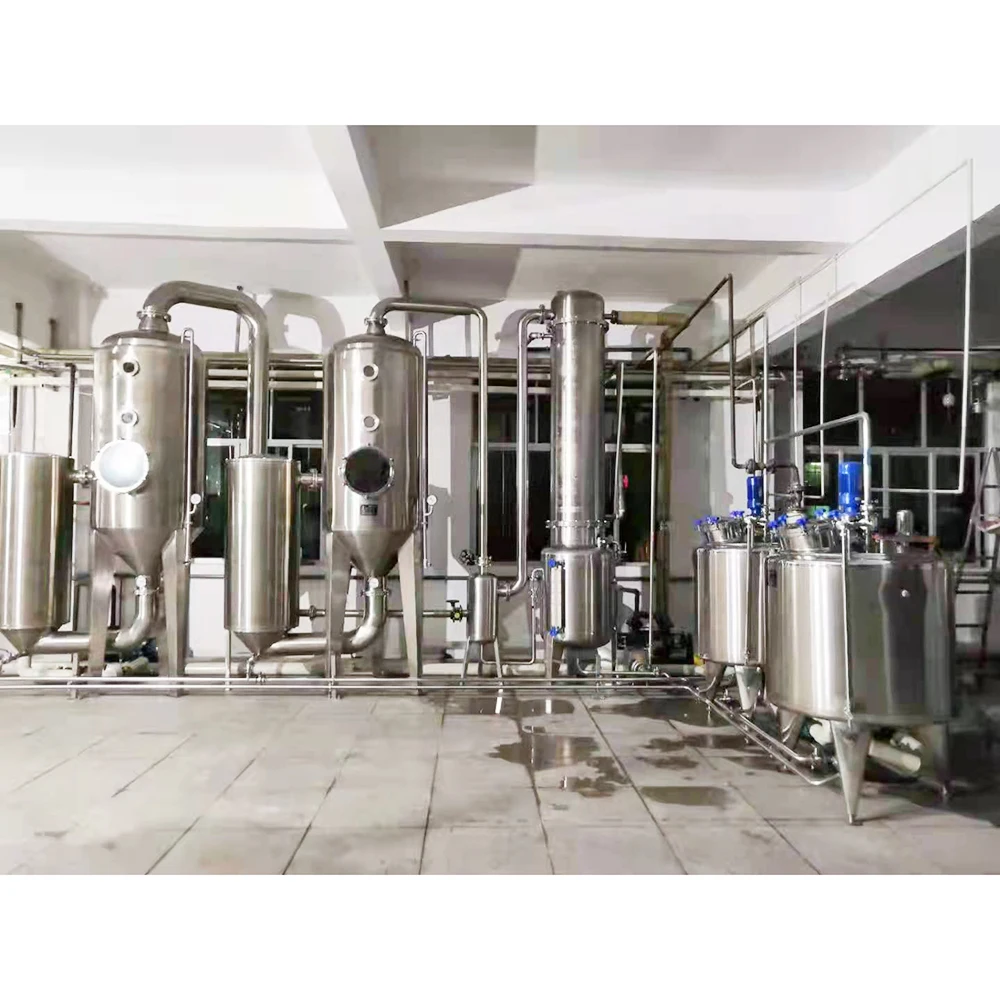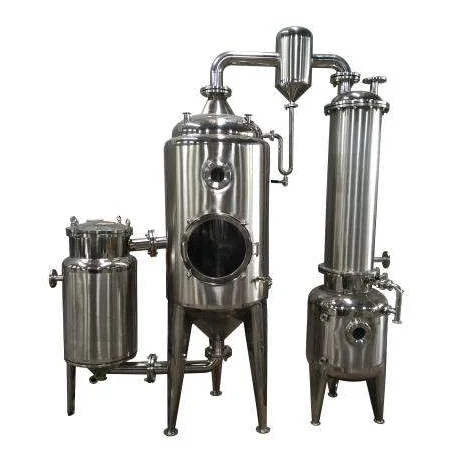ABOUT
Wenzhou Vince Machinery Science Co., Ltd. was established in early 1980s. Our company covers an area of 6500 square meters and is an independent legal representative firm, possessing rich economic technology strength. Our company is a high tech enterprise and plays an important role in national dairy, foodstuff, pharmacy and machinery industries. We are a beverage machinery supplier.
Since the establishment, our company has mainly engaged in dairy products, foodstuff, beverage machinery, bean products, yellow wine, medicines and fermentation projects. What's more, our company supplies a complete sequence services in manufacturing, installation, test and personnel train, as well as the whole direction service design and consulting service on product project construction or enlargement artistic distribution engineering sets budget.
Unlocking Beer's Potential Mashing Tank Techniques
The mash tun, a seemingly simple vessel, is the heart of the brewing process, where the magic of transforming barley into fermentable sugars occurs. While the basics of mashing are well established, unlocking the true potential of your beer hinges on mastering the nuances of mash tun techniques. This article dives deep into the world of mashing, exploring methods that can elevate your brewing game to new heights.
Temperature Control
Precise temperature control is paramount in mashing. The enzymatic activity that converts starch into sugars has an optimal temperature range. Maintaining this range ensures efficient conversion and ultimately, a well-balanced beer. A variety of techniques can achieve this, from simple immersion heaters to sophisticated temperature control systems. Consider using a digital thermometer to monitor your mash temperatures accurately and adjust accordingly.
Mash pH
Often overlooked, pH plays a vital role in mash efficiency. Enzymes work best within a specific pH range, typically between 5.2 and 5.5. If your mash pH is too high, enzyme activity is hindered, leading to incomplete conversion and a less flavorful beer. You can adjust the pH by using brewing salts, which are specifically formulated to modify the mash water's mineral profile. Consulting a water report and adjusting accordingly is essential for optimal pH.
Mash Schedule
The mash schedule, a detailed plan of temperature changes over time, dictates the type of sugars produced and ultimately influences the beer's final characteristics. A single-infusion mash, the simplest method, maintains a constant temperature throughout the process. However, more complex schedules, like multi-infusion or decoction mashes, involve temperature ramps and boils to achieve specific flavor profiles. Experimenting with different schedules can lead to interesting and unique beer styles.
Sparging Techniques
Sparging, the process of rinsing the grain bed with hot water to extract remaining sugars, is crucial for efficient brewing. A well-executed sparge ensures a clear wort with maximum sugar yield. Traditional batch sparging involves multiple water additions, while fly sparging utilizes a continuous flow of hot water. Each method has its pros and cons, and the choice depends on the brewer's preference and equipment setup.
Unlocking the true potential of your beer starts with mastering the mash tun. By embracing these techniques, you can elevate your brewing skills, leading to beers that are consistently flavorful, balanced, and unique. Remember, experimentation and a touch of creativity are key to unlocking the hidden potential within your brewing process.
SUBSCRIBE
INQUIRY




